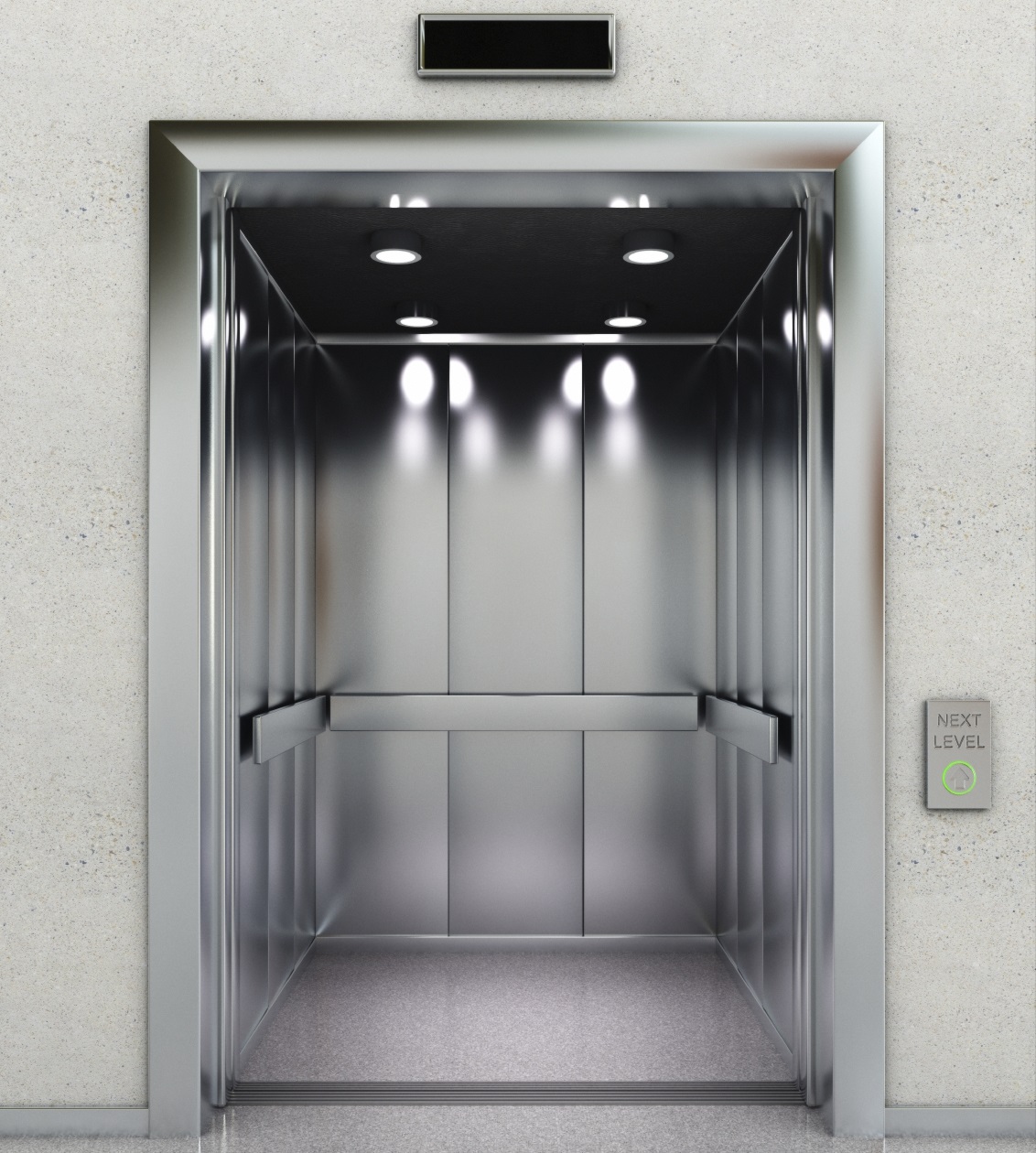When you think about enhancing your vehicle, incorporating a lift kit might come to mind—it’s like giving your car a stylish pair of high-heeled boots. Elevating your car not only improves its aesthetics but also its off-road capabilities. Whether you’re traversing rocky terrains or simply want to stand out on the boulevard, lift kits can be quite enticing. Yet, lurking in the shadows of this modification adventure is a pressing question: does installing a leveling kit void your car’s warranty?
To delve into this topic, it’s essential to navigate the labyrinth of manufacturer warranties and understand how modifications like lift kits intertwine with them. A vehicle warranty is much like a safety net—designed to protect the owner from significant financial burdens due to defects or issues not caused by consumer negligence. However, once alterations are made—especially to critical components—questions arise about what’s covered and what’s not.
First, let’s consider the nature of warranties. Generally, new cars come with a factory warranty, which covers repairs on defects due to manufacturing flaws. This warranty usually extends for a specific period or mileage, whichever comes first. However, as soon as you start tampering with the auto engineer’s design, you enter a different ballpark. This is where the metaphorical high-heeled boots become a liability, as the changes to your vehicle’s suspension system, steering geometry, and even drivetrain could put the warranty at risk.
With a leveling kit, the discussion often revolves around its implications. Leveling kits typically raise the front end of a vehicle to match its rear, creating a more even stance. This modification is less drastic than a full lift kit, but its implications could still tread on warranty territory. If you think about it, this could be akin to having a tailored suit: while it can enhance your appearance, any changes made might affect how the original designer’s vision is perceived. Certain manufacturers adopt stricter policies that may categorize leveling kits as a significant alteration, while others may be more lenient.
The key to unraveling this tricky conundrum lies in the understanding of the Magnuson-Moss Warranty Act. This U.S. law protects consumers by limiting the powers of manufacturers when it comes to voiding warranties due to aftermarket modifications. Under this act, a manufacturer cannot void your entire warranty solely because of a single modification unless it can prove that the part installed directly caused the failure. So, if you install a leveling kit and your fuel pump fails—a completely unrelated component—the manufacturer generally cannot deny warranty coverage based solely on the lift.
Nonetheless, reality can be more complicated than legislative language implies. Navigating the waters of modifications requires careful consideration and proactive communication. A steadfast practice is to consult the dealership before making modifications. Transparency is essential here; discuss your plans for a lift kit candidly, and inquire about how it affects your warranty. Some manufacturers are willing to offer peace of mind by allowing certain modifications while still keeping your warranty intact. It’s a negotiation akin to an intricate dance, where both parties must understand each other’s rhythm.
As you weigh the benefits of a lift kit against the potential ramifications on your warranty, consider the distinct appeal of the enhanced driving experience. A lift kit can transform a standard vehicle into an off-road warrior, able to tackle rugged paths and steep inclines. Imagine the thrill of being able to effortlessly conquer a rocky trail, standing tall above the obstacles that might hinder others. There’s a magnetic allure to the idea of adventure, and for many, lifting their vehicles is the first step onto the path of exploration.
However, it’s not just about aesthetics and off-road capabilities; there are practical ramifications as well. Two primary things can happen post-installation: a change in vehicle dynamics and potentially unintended wear of certain components. When elevating a vehicle, its center of gravity changes, affecting handling, ride quality, and steering precision. Always review the suspension geometry and ensure that the vehicle aligns with safety standards. These alterations should be considered with the same seriousness as an intricate recipe—every ingredient matters.
Moreover, it’s vital to be somewhat of a detective post-installation. Monitor your vehicle’s performance after adding the lift kit. If any unforeseen issues arise—such as unusual wear on tires or alarming noises—document these occurrences. The more evidence you gather, the easier it will be to argue against possible warranty denials later.
In conclusion, while leveling your vehicle with a lift kit can offer a myriad of benefits, it’s pivotal to approach the modification landscape with due diligence. Investigate the terms of your warranty, engage in open conversations with your dealer, and stay informed about your rights as a consumer. After all, elevating your vehicle should enhance not only its performance and visual appeal but also your peace of mind. As you journey through the process, remember: modifications, much like a well-crafted narrative, require careful consideration at every twist and turn.
